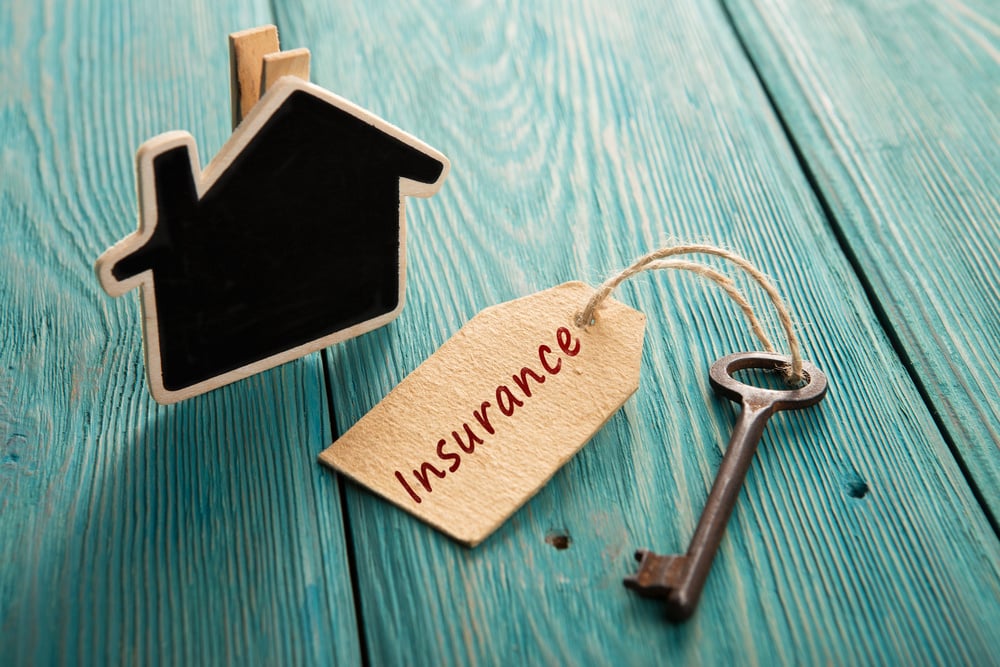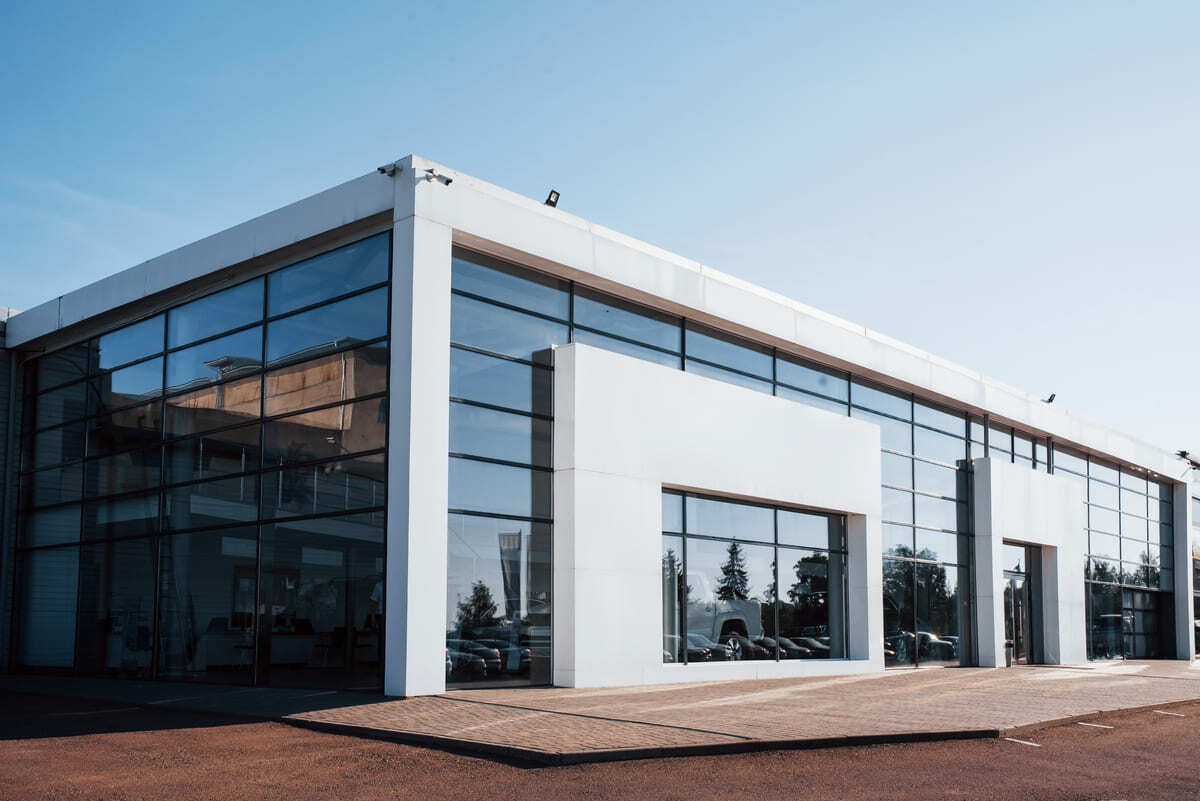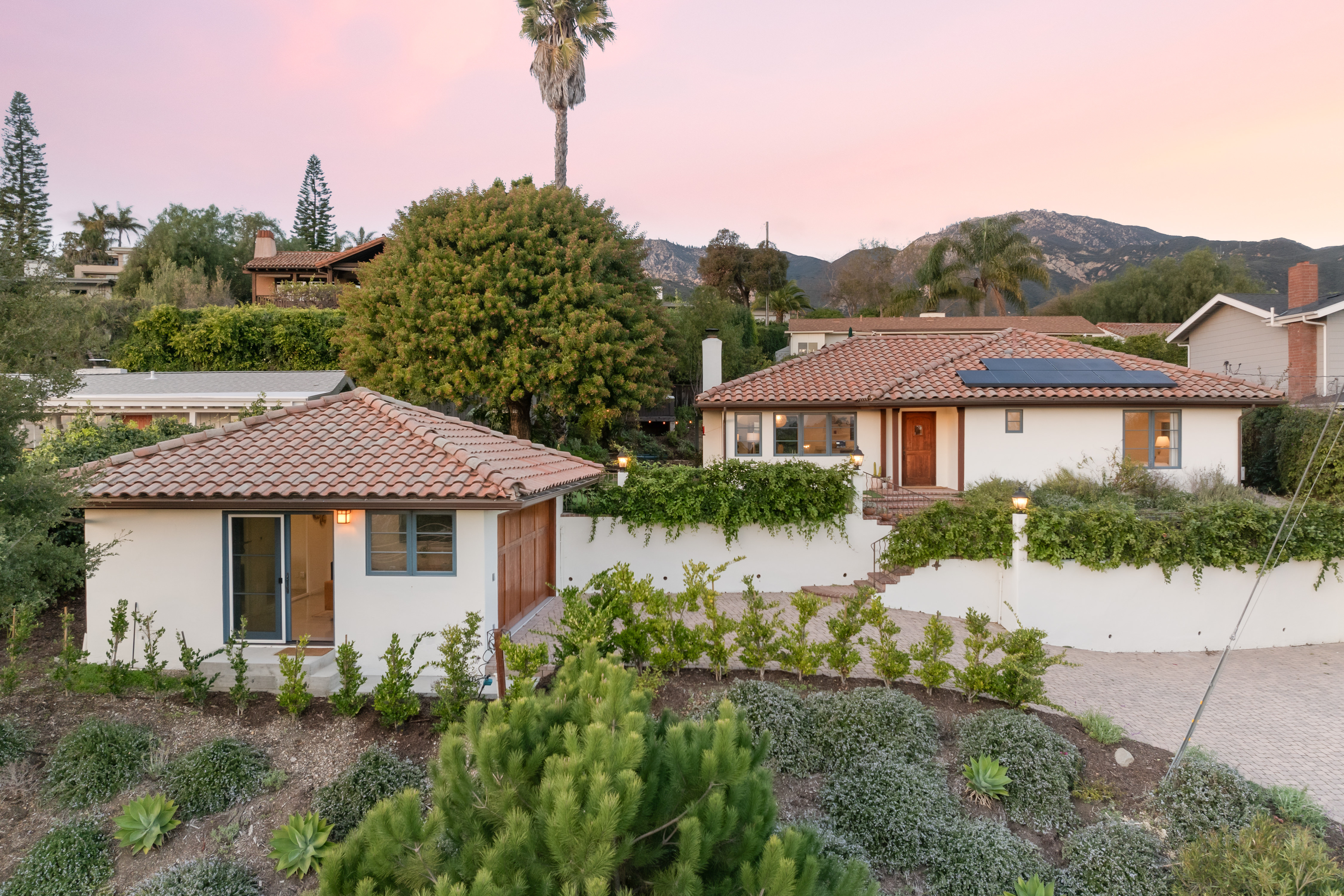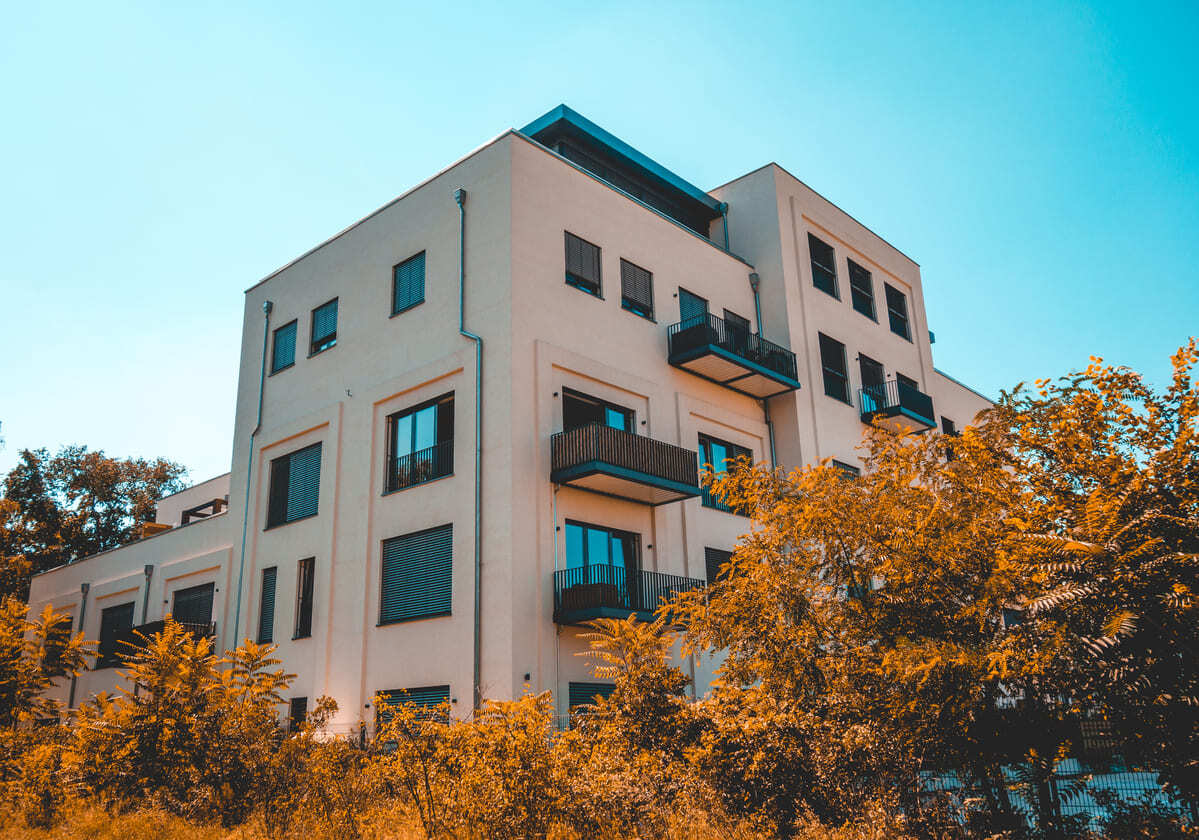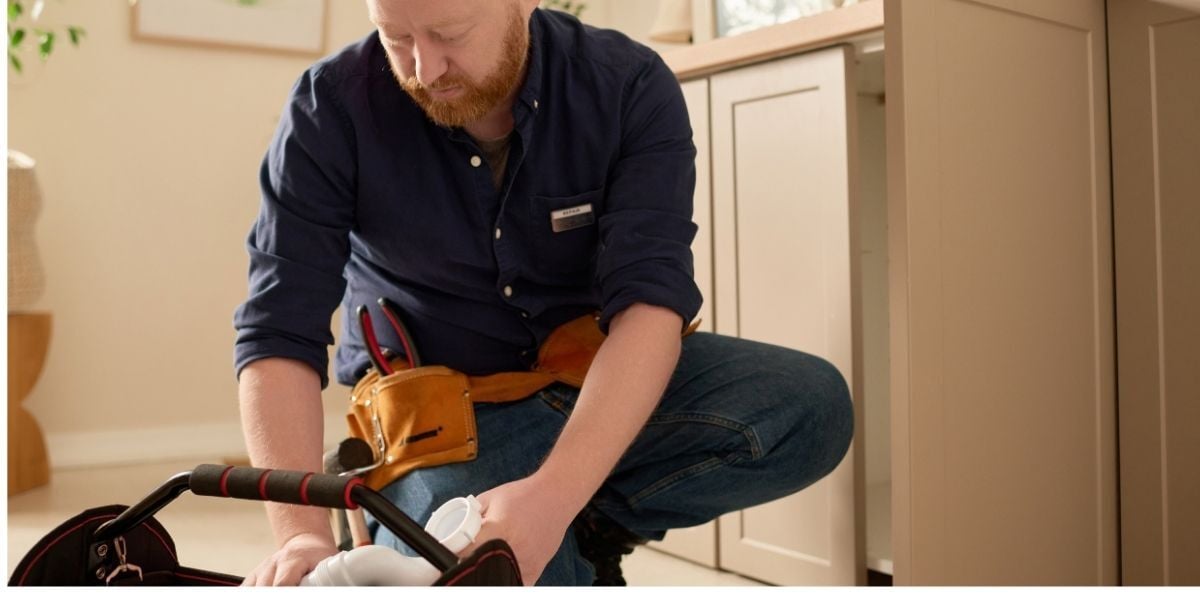
Property insurance is designed to protect owners and their investment against anticipated business risks, which ultimately create financial losses. Rental property owners know that among the essential business safeguards available to their rental property business is purchasing the right insurance. If you plan to rent out a property to a resident for at least six-months, landlord insurance is highly recommended as it helps you rent the property with greater certainty and confidence.
Insurance for rental properties will vary, but primarily, the fundamental risks needing coverage include the risk of:
- The damage to the property and other physical structure(s).
- The property owner being sued for liability issues that may occur on the rental property – this could be a resident or a guest of a resident, etc.
- The damage to the property owner’s property being used to service the rental property.
- The loss of rental income.
Rental property insurance coverage will vary, which is why it's imperative that property owners/managers understand the exact coverage being offered.
Available insurance for rental property owners can be broadly categorized as either property protection or liability protection.
Property Protection
The property protection portion of a landlord insurance policy covers the physical property. Property protection, which is often called hazard insurance, generally offers these types of coverage -
Dwelling
Dwelling coverage reimburses a property owner who has sustained damage for the expenses needed to repair any property that may have been damaged by what the policy deems ‘a covered loss.’ Covered losses may include damage from fire or theft, or any other peril denoted as covered in the policy statement.
Other Structures
A rental property hazard insurance policy will also help pay for damages to structures on the property that are not a part of the dwelling or main structure. Examples of other types of structures typically covered by this type of rental property insurance include a damaged fence or repairs need to a detached garage, among others.
Personal Property Used to Service the Rental
Typically, landlord insurance will cover a piece of equipment a landlord owns that is used to service the rental property. For example, if a snow blower or lawnmower owned by the property owner becomes damaged, this will be covered by the property owner's insurance policy.
It's important to note the following:
- When shopping for rental property insurance, the exact coverage of the policy should be understood carefully. Is property coverage a part of the standard policy, or is it offered as an endorsement – an added insurance feature for the policy?
- Rental property insurance does not typically cover the cost to replace a resident’s personal property.
Liability Coverage
When renting out any property, a property owner must understand that the act of renting leaves the owner exposed to liability risks that would not necessarily be present for a homeowner living in their own residence.
A property rental owner is exposed to the very real risk that a resident (or a guest) may be hurt in the rental unit. If the property owner is found to be legally responsible, this portion of the rental property coverage may help reimburse the owner for legal expenses or any medical expenses that are incurred due to the injury.
Note, however, that if an owner wants to increase their property liability protection, it is prudent to purchase an umbrella insurance policy – with coverage that begins when your rental property insurance is maxed out. Additionally, rental property insurance is also subject to deductibles as denoted in each policy. Each type of coverage has its own deductible/limit; however, very often, these amounts are customizable by the insured.
Additional Coverage Options
Rental property owners may decide to add specific endorsements to a standard insurance policy that offers additional coverage. Here is a partial list of available insurance endorsements for rental property policies:
- Damage from Vandalism – this coverage helps pay for the repairs caused by vandalism.
- Damage from a Burglary – while a standard rental property insurance policy will likely pay for damage to a home from a break-in, it won't usually reimburse the property owner for the cost to replace those items that were stolen.
- Building Code Upgrades – when repairing damage to a rental unit, an owner may be legally mandated to upgrade the unit's electrical wiring or ventilation to meet newer building codes. This type of insurance can help pay for those unanticipated upgrades.
- Construction of the Rental Unit – when owners renovate the rental unit, they can opt for this type of additional insurance coverage that will protect the structure while it is being prepared to be occupied by a resident.
It's important to have the right insurance if you are an investment property owner, to not only protect yourself but also the residents living in your property.
